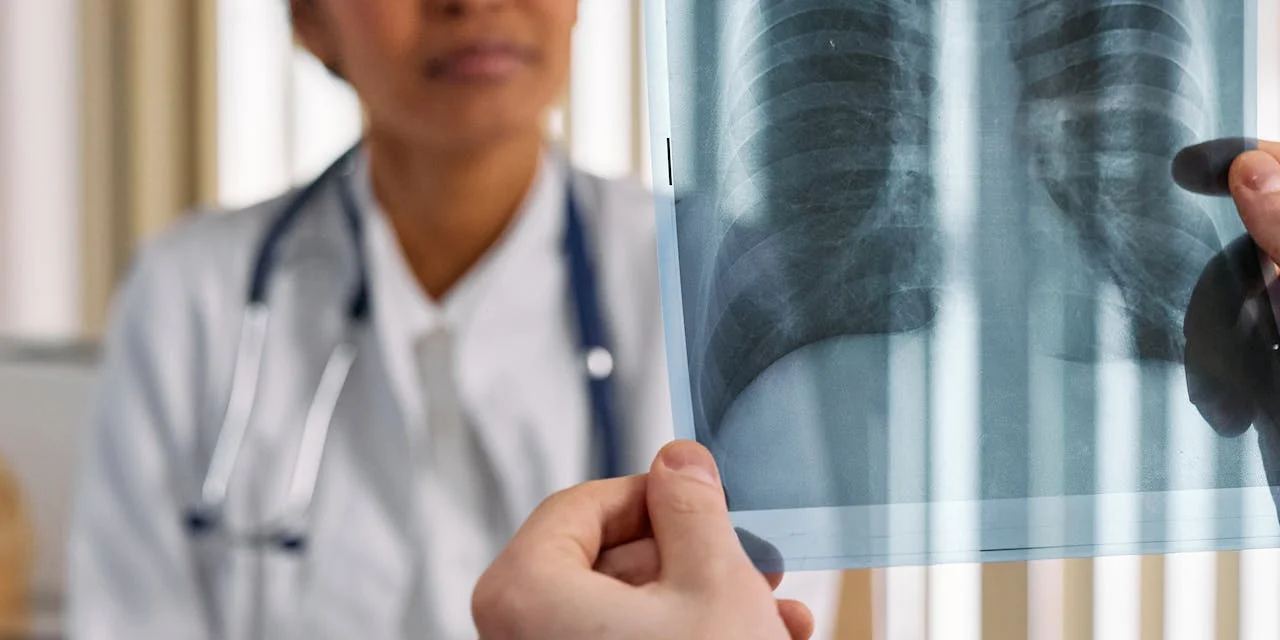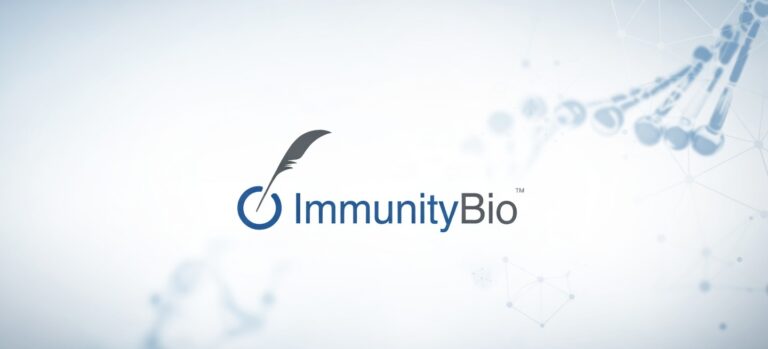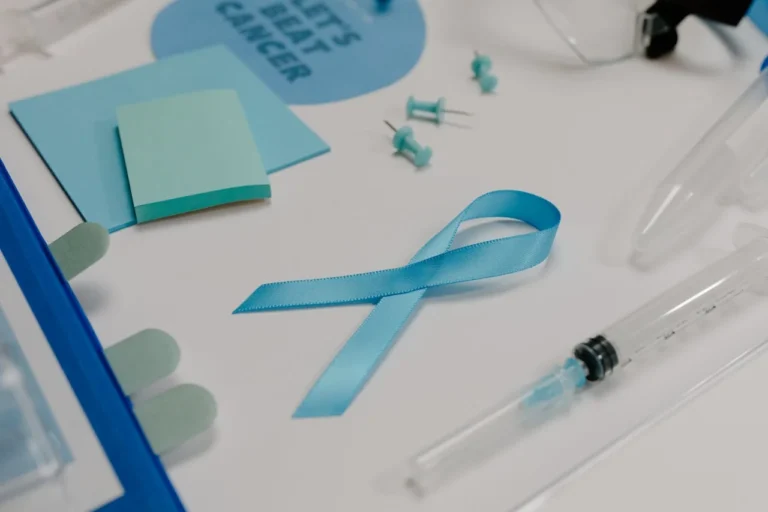
Results from the latest analyses of bimekizumab phase 3 trials in patients with moderate to severe hidradenitis suppurativa (HS) will be presented at the 13th Conference of the European Hidradenitis Suppurativa Foundation (EHSF) in Lyon, France (February 7-9, 2024). UCB, a global biopharmaceutical company, announced these findings.
The analyses demonstrated significant improvements in patients treated with bimekizumab over 48 weeks. Approximately seven out of ten patients achieved IHS4-55, indicating a notable reduction in abscesses, nodules, and draining tunnels. Moreover, bimekizumab treatment resulted in enhancements in overall lesion count and lesion clearance across different types of lesions and anatomical areas.
Patient-reported data revealed that the substantial clinical responses observed with bimekizumab translated into improvements in health-related quality of life. Emmanuel Caeymaex, Executive Vice President at UCB, expressed confidence in bimekizumab’s potential to make a meaningful difference for patients with HS.
Professor Tzellos from Nordland Hospital Trust, Norway, highlighted the achievement of IHS4-55, showcasing the reduction in inflammatory nodules, abscesses, and draining tunnels with bimekizumab treatment.
The studies, BE HEARD I and BE HEARD II, included an initial treatment period (Weeks 0–16) and a maintenance period (Weeks 16–48). Patients were randomized to receive different dosing regimens of bimekizumab or placebo.
Key highlights from the analyses presented at EHSF 2024 include:
- Dichotomous IHS4: At Week 16, a greater proportion of patients achieved IHS4-55 with bimekizumab treatment compared to placebo. By Week 48, these responses were sustained or increased.
- Lesion Count and Clearance: Bimekizumab treatment demonstrated improvements in overall lesion count and clearance across different lesion types and anatomical areas, with sustained or improved results over 48 weeks.
- Depth of Response and Impact on Quality of Life: Patients achieving Hidradenitis Suppurativa Clinical Response 50 (HiSCR50) reported a better quality of life, with similar trends observed at Week 48.
- Clinical Response Across Duration Quartiles: Patients treated with bimekizumab across different disease duration quartiles consistently achieved significant clinical responses, which were sustained over 48 weeks.
These findings underscore the potential of bimekizumab as a promising treatment option for moderate to severe HS, although its efficacy and safety in this indication have not yet been established or approved by regulatory authorities worldwide.





